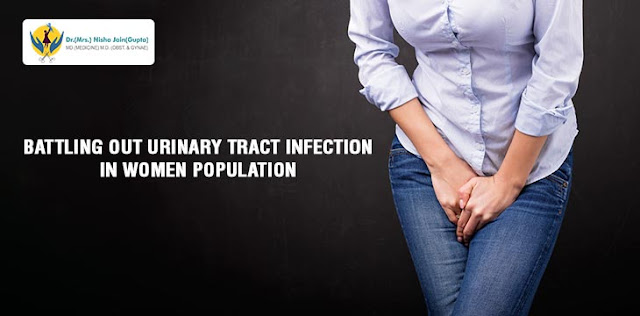Polycystic Ovary Syndrome (PCOS): A Fertility Disorder
Polycystic ovary syndrome (PCOS) is one of the most prevalent
endocrine ailments in women in generative age, with control estimates of
around 15 % recorded. The precise causes of PCOS are strange and
remote, but it is considered to be a consequence of hormonal disruptions
that are enhanced androgens and/or insulin provoked by a blend of
genetic and environmental factors.
You should not consume sweetened juice, canned fruit and starchy vegetables such as potatoes, corn, and peas. White flour commodities such as white bread, pasta, or white rice, sugary food such as cookies, cakes should avoid as much as possible.
Women with PCOS do not ovulate, which induces abnormal menses, so the most reliable way to boost the odds of conception is to provide the ovaries a push using a pregnancy medication. Added way include that we go and address PCOS by lowering the insulin level with medicine like metformin which is suggested when blood sugars are reduced.
PCOS restricts fertility but can be treated. Fertility experts and gynecologist generally advice early family beginning where possible as women with PCOS have heightened risk of endometrial cancer and enhanced cardiovascular risk factors.
Content Source : https://www.drnishajain.com/polycystic-ovary-syndrome-pcos-a-fertility-disorder/
Common Symptoms Of Polycystic Ovary Syndrome
Some of the most common indications include hirsutism, excess hair on the chin, upper lip or lower abdomen, acne, uneven menstruation, Acanthosis nigricans or dark thick pigmentation of the skin, obesity, and infertility.Outcomes of PCOS
The outcome includes subdued psychological and emotional well- being due to adverse self-body image, reduced physical, sexual, social and cognitive functioning, stress and worry, Hyperandrogenism exhibiting as Hirsutism and acne, ovulatory and menstrual dysfunction, soaring blood pressure Impotence & miscarriages raised type 2 diabetes and cardiovascular risks, Liver diseases & sleep apnea if the patient is obese and long term risk of endometrial cancer.How Can You Manage And Treat PCOD?
There is no remedy, but there are several steps to decrease or eliminate PCOS signs and feel better. It could be accomplished by reducing of insulin resistance levels, recovery of fertility, treatment of hirsutism or acne and renewal of regular menstruation. The primary treatment for PCOS carries lifestyle modifications i.e. diet, daily exercise smoking cessation, medicine, emotional and psychological maintenance etc. Methods that help to reduce weight or insulin resistance can be advantageous for all these indications. Even 5 to 10% of weight loss can develop indications considerably.What Food Is Recommended In PCOS?
A low gastrointestinal diet and high fibre diet in which a notable part of total sugars is collected from fruits, vegetables, and whole-grain origins have ended in greater menstrual routine.You should not consume sweetened juice, canned fruit and starchy vegetables such as potatoes, corn, and peas. White flour commodities such as white bread, pasta, or white rice, sugary food such as cookies, cakes should avoid as much as possible.
Medication
Medication is something which no one is deprived of today and is the most relaxed way to treat PCOS is with birth control pills. In Indian situations, pills with an antiandrogenic form like cyproterone acetate with Ethinyl estradiol go most desirable for patients with hirsutism, acne, and menstrual abnormality.Women with PCOS do not ovulate, which induces abnormal menses, so the most reliable way to boost the odds of conception is to provide the ovaries a push using a pregnancy medication. Added way include that we go and address PCOS by lowering the insulin level with medicine like metformin which is suggested when blood sugars are reduced.
Can a PCOS Patient Get Pregnant?
Women with PCOS normally will have trouble getting pregnant – and need medication to improve chances for pregnancy. Some ladies with polycystic ovary syndrome will ovulate while others do not ever ovulate without operation and need an infertility doctor.PCOS restricts fertility but can be treated. Fertility experts and gynecologist generally advice early family beginning where possible as women with PCOS have heightened risk of endometrial cancer and enhanced cardiovascular risk factors.
Reference
PCOS is connected with a range of metabolic irregularities which can lead to long term health problems and this can be resoluted by the best gynecologist in Delhi Dr Nisha jain.Content Source : https://www.drnishajain.com/polycystic-ovary-syndrome-pcos-a-fertility-disorder/




Comments
Post a Comment